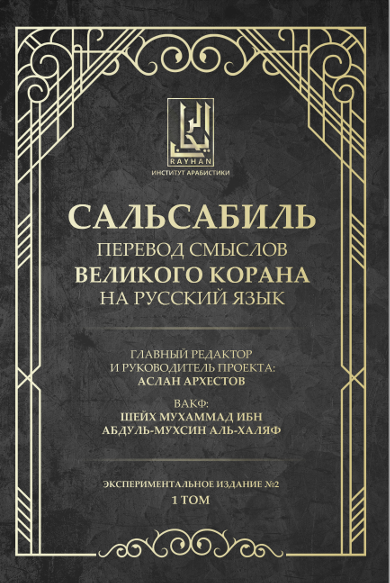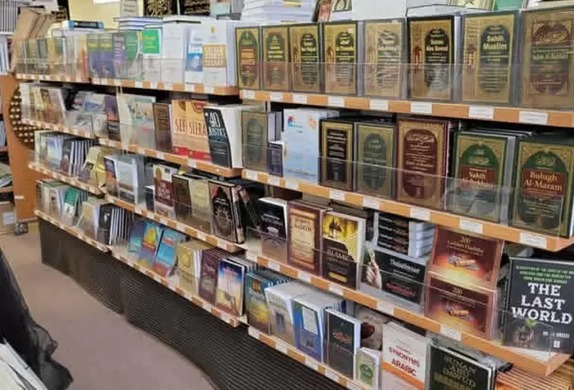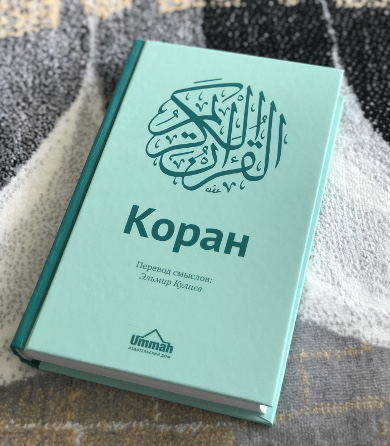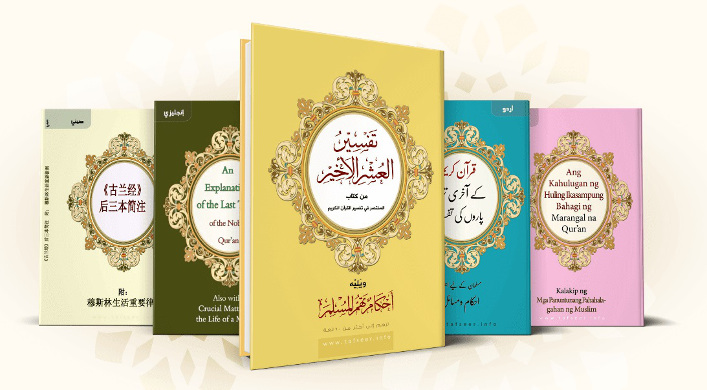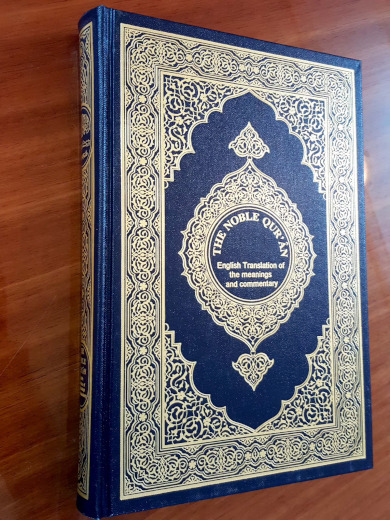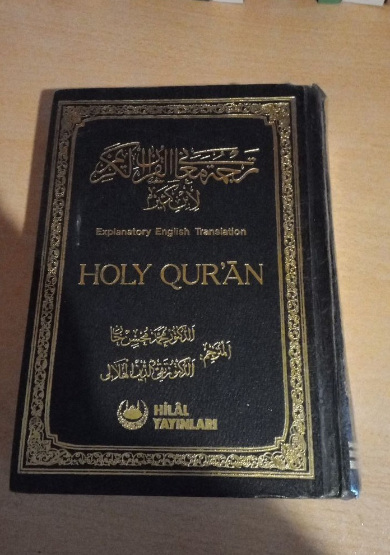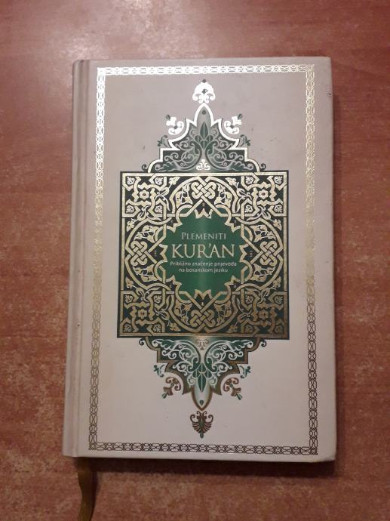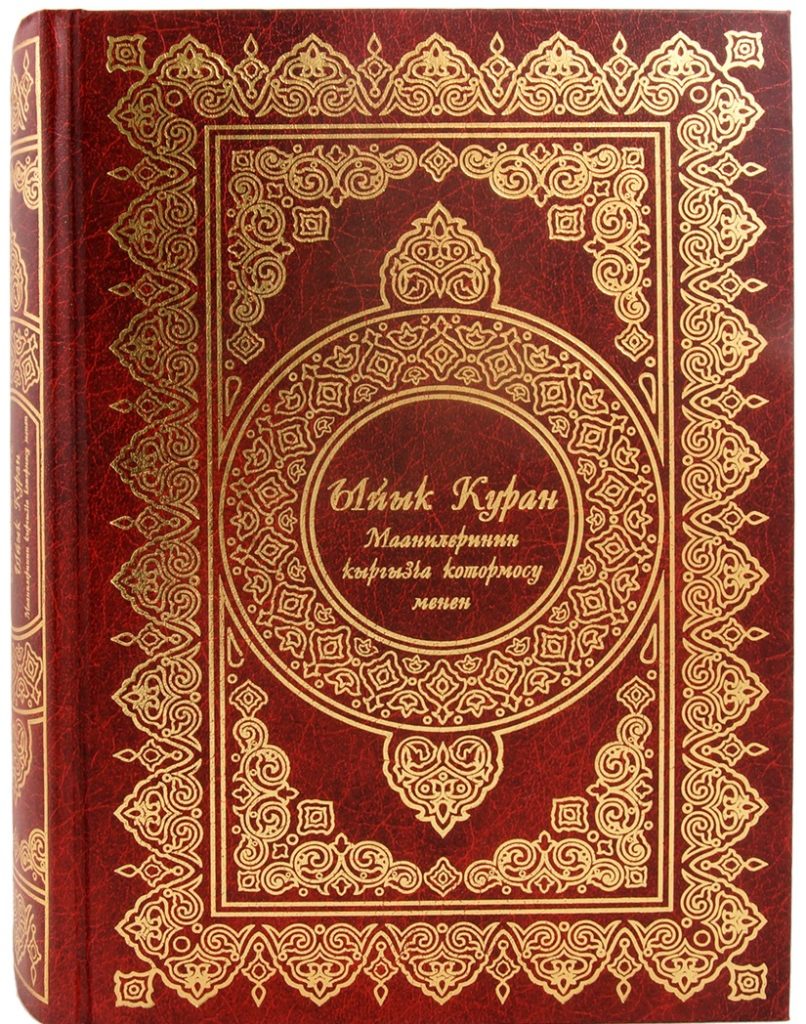Qur’an translation of the week #192: The ‘Saheeh International’: A ‘Saudi’ Team Translation into English
It would be hard to dispute that ‘Saheeh International’ (first published in 1997) is one of the most popular modern interpretations of the Qur’an in English. This work has a few notable aspects that distinguish it from other works in the genre. First of all, it is the product of teamwork, rather than an individually-authored […]

